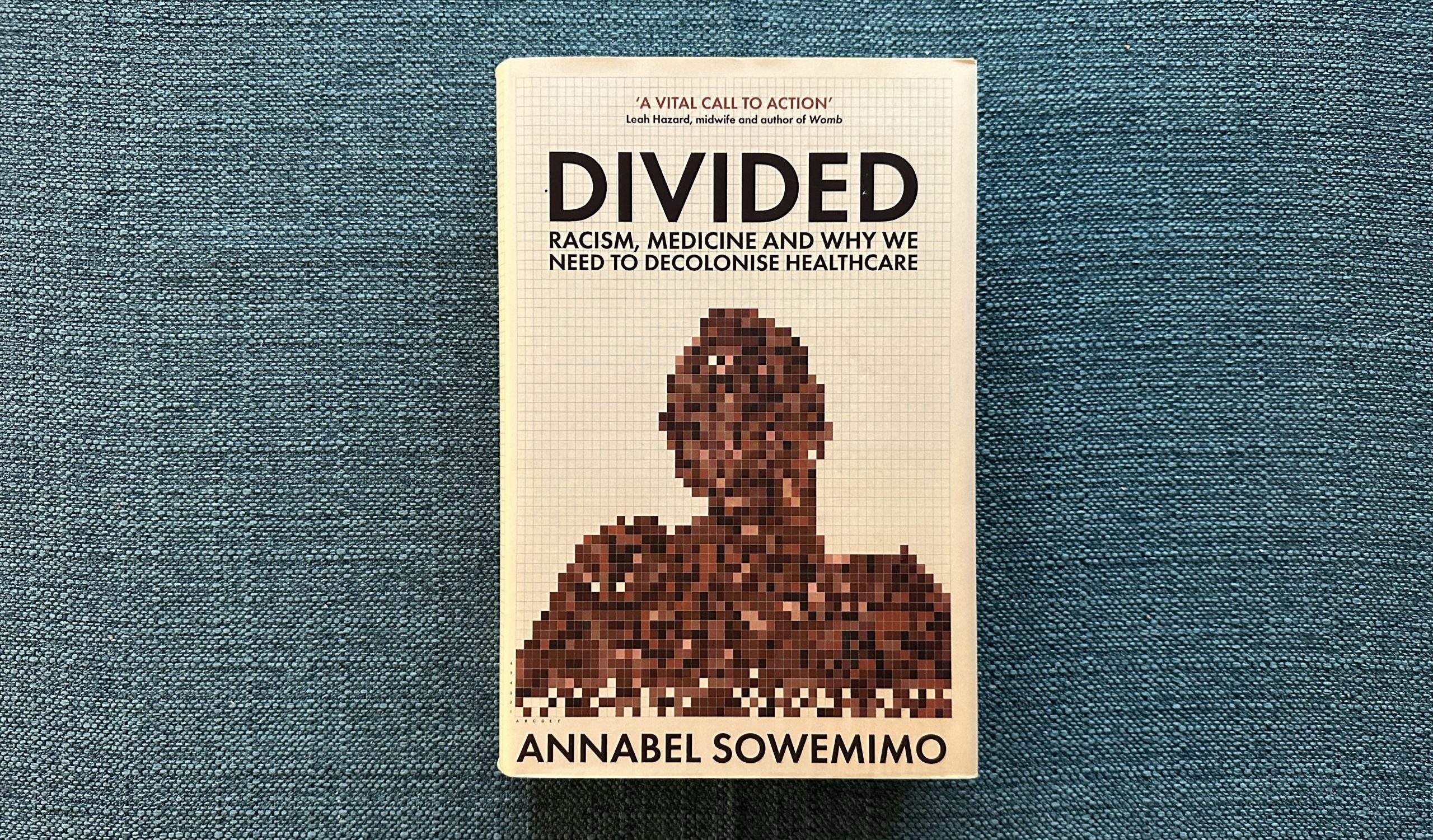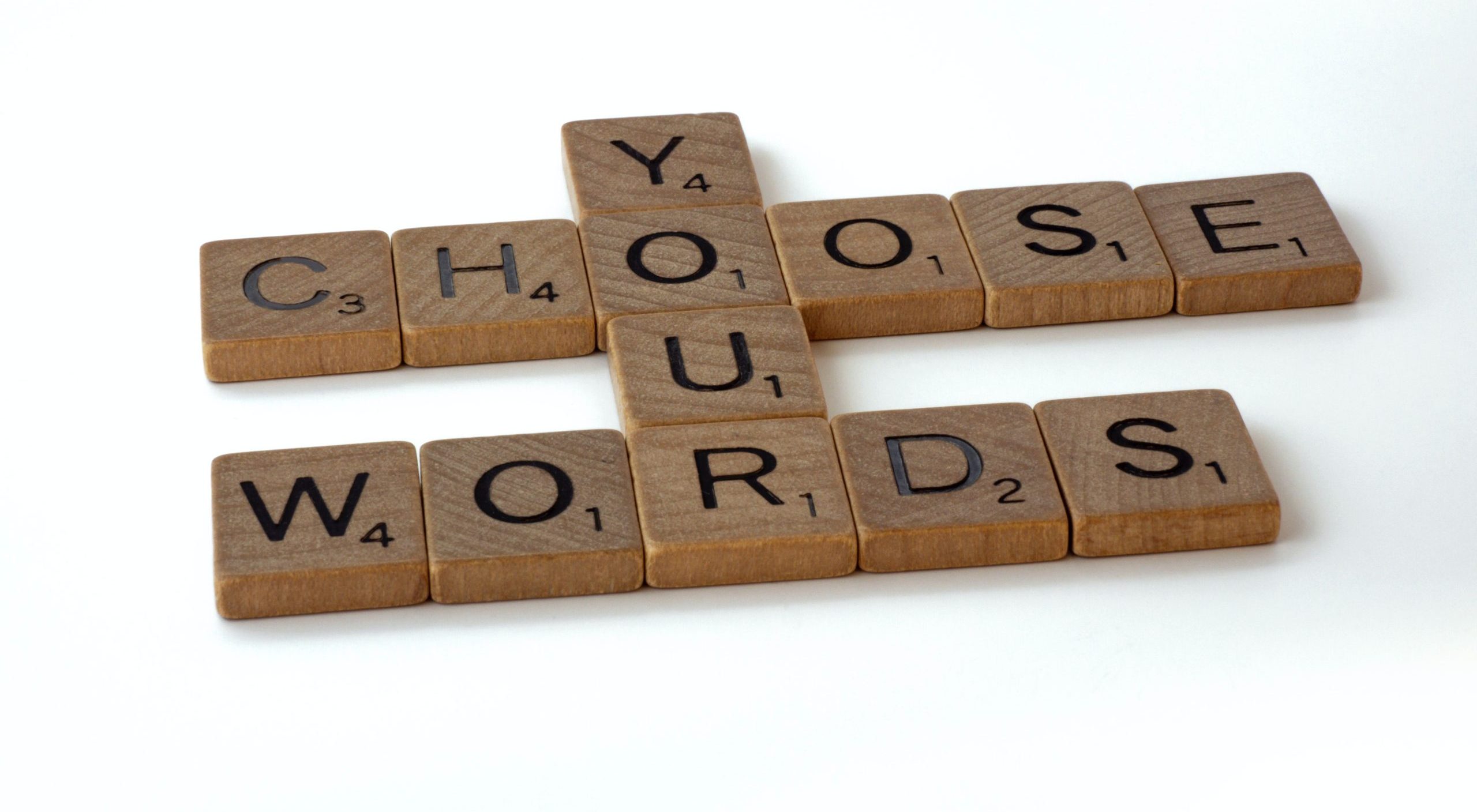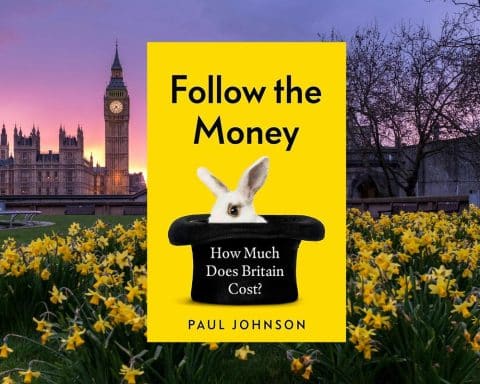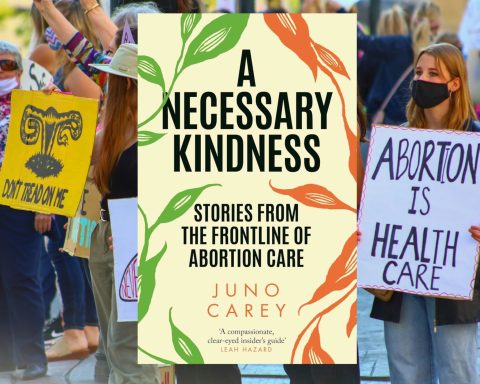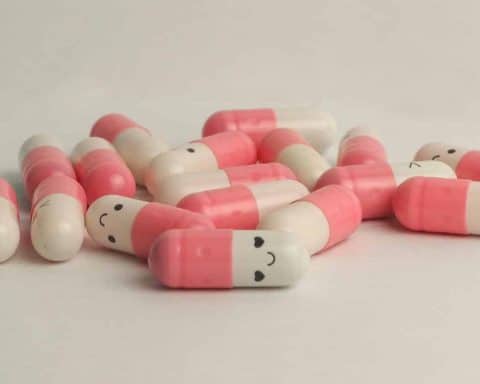
Dr Annabel Sowemimo is a sexual health doctor. She grew up, studied and lives in London. Like her, I didn’t learn much about racism at medical school, and I also recall a few lectures that mentioned Nazi doctors and their medical torture (under the guise of medical experiments) of Jewish people. It was uncomfortable and I wanted to believe it was so far back in history that I didn’t need to linger on it. Perhaps I was able to ‘other’ the victims of these studies because it protected me psychologically.
However, during the pandemic I became overly worried about my racially marginalised colleagues and patients being seriously ill with covid. But really, I needed to question why these people were more at risk from covid and what factors within society and medicine have led to this situation. Why are some of my patients afraid of vaccinations and suspicious of doctors? To start with I was afraid to ask, I was worried that I might offend or use the wrong words. I am fortunate to have some wonderful colleagues who don’t mind (or pretend not to mind) some clumsy questions. The safety to ask about racism is helping me to change some ingrained false beliefs and this book has been another answer to my awkward questions. It has highlighted a history that I am disappointed not to know before.
Why are some of my patients afraid of vaccinations and suspicious of doctors?
Sowemimo discusses in detail many societal misconceptions that affect healthcare, such as the hyper-sexualisation of black men and women, black people ‘are aggressive’, ‘have tougher skin’ and ‘easier childbirths’, or ‘Asian women are docile and sexually compliant’. Some tropes, including ‘black people are athletic’ or ‘BBC’ (I will let you read the book to understand what this stands for!) can appear complimentary on a superficial level but can affect how people behave and are treated. I have read before how black men are more likely (than their white counterparts) to be diagnosed as psychotic, and racially marginalised women are more likely to die in childbirth, but the book helped me connect how these unhelpful tropes can contribute to this health inequality.
With personal stories, Sowemimo explains how she became aware of subtle (and not so subtle) racism as she grew up. These stories really affected me as it was a dimension of life that I have only begun to be curious about in later adulthood. My childhood was largely ignorant to how racially minoritised people were treated differently.
The book explores significant medical misconceptions that many of us have internalised as fact but are really based on small studies of patients from centuries ago with multiple confounding factors. It is much harder to overturn these studies than it was for them to be accepted at the time e.g. renal function and spirometry adjustment for ethnicity. The studies that ‘found’ black people had a lung function lower than their white counterparts were done in the 1860s at a time of race science and a motivation to prove certain groups had unwanted genetics.
This book has been eye opening for me. Thoroughly researched and well written, all GPs should read it.
Featured book: Divided: Power, Racism, Medicine and why we need to decolonise healthcare by Annabel Sowemimo, Profile Books, 2023, 406 pages, ISBN 9781788169219 £10.99 paperback.
Featured photo taken by Andrew Papanikitas, 2024

